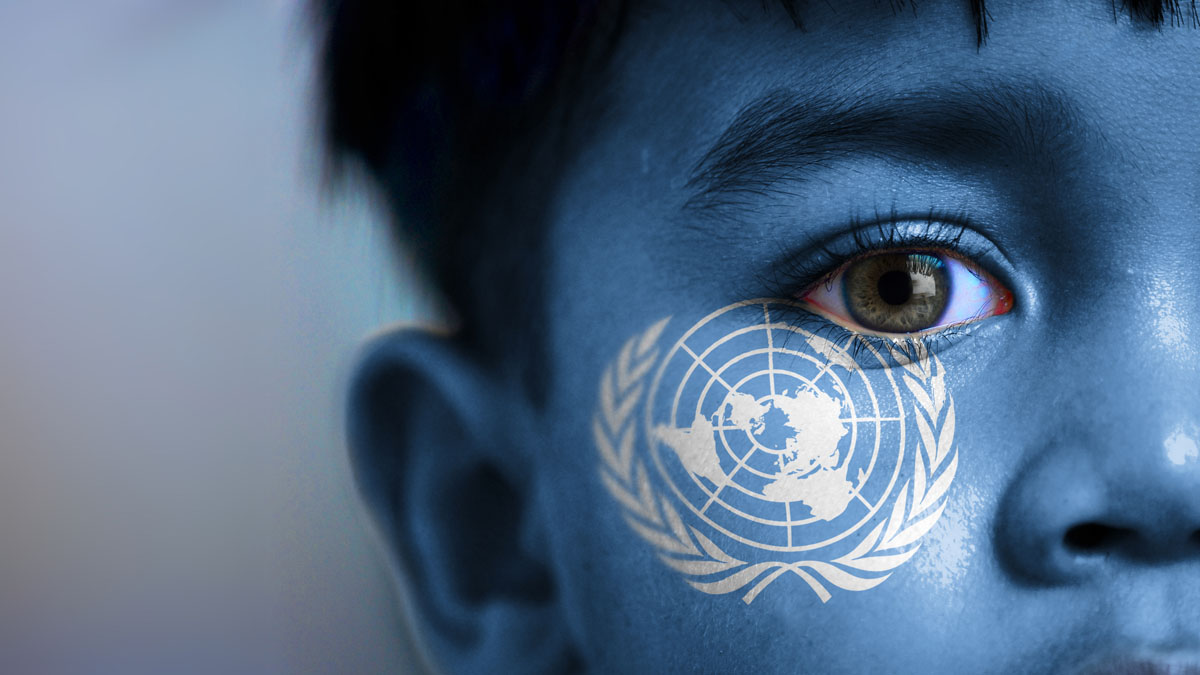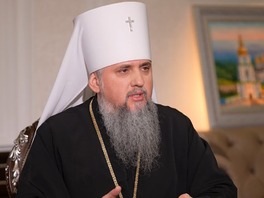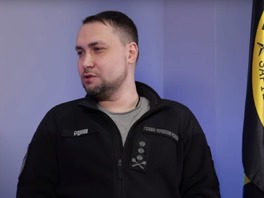The 21st of June the world celebrates the International Day of Yoga, created a couple of years ago by the United Nation’s General Assembly. The Deputy Secretary-General Amina Mohammed, in her speech to the Assembly stated, that yoga promotes brotherhood, unity of society, justice, tolerance and peace.
Wait a second… Tolerance? Justice? Peace?
A careful reader should’ve stopped in this moment and asked themselves in what way physical and respiratory exercises can diminish violence, grow mutual understanding and strengthen respect.
Nevertheless, the current statement has a pretty solid scientific backing. Today, hundreds and thousands of studies exist that show that yoga (namely Hatha yoga), through complex neurohormonal stimulation helps a person adjust their behavior, bring a more balanced emotional, intellectual and moral spheres.
For example, bullying in schools is a constant illness present worldwide. It is exists for many reasons, yet in the framework of yoga methodology it was possible to find new, effective method of confronting this issue. MindUp, an educational program originating in the United States, held lessons in 80 US schools that cultivate awareness (such as watching the process of breathing, one of the first steps in meditating in many schools of yoga). Their findings show that within five months, 78% of schoolchildren marked a decrease in their anxiety and solicitude and a large improvement in confidence of their own strength. The researchers marked that victims of bullying are often children with low self-esteem. When aggressive teenagers see that their harassment cannot ruin the composure of their targets, they quickly lose interest. In this way, meditation can help the child find self-worth, which prevents them from becoming a victim of bullying. Moreover, the desire to persecute and humiliate are the result of the same low self-esteem and uncertainty, so awareness techniques have a positive effect on the instigators of bullying as well.
Another study, conducted in a Swedish university, shows the positive impact of yoga and meditation on prisoners. According to The Guardian’s data, it brought a significant decrease in signs of aggression and anti-social behavior among prisoners in contrast to the group that partakes in normal physical exercises.
Western society is only beginning to discover the power embodied in introspection (self-observation).
Introspection is one of the key components in creating a culture of respect. We can expand lists of taboos and prohibitions in order to introduce a policy of tolerance through legislative measures, but it will not impact the person, if he does not understand with what motives and emotions he acts towards others.
A person with a “clouded” “internal lens”, is a person who is not capable of introspection and without it, cannot hear their own voice of conscience. Our savior from the lack of principle is cultivating introspection skills: the capability of looking within one self’s emotions and intentions. This is what interrupts the vicious cycle of mutual accusations, which fill today’s reports of intolerance. In one of the Puranas, the sacred books of ancient India, a story is told about a man who first circles around an axis, then stops, and sees the world continue to spin around him. A person without introspection will always criticize others for their bad behavior, not realizing that he only judges according to his own projections. Watching oneself, we learn to separate our situational emotional response from the situation itself. Challenging national and intergovernmental conflicts can gain a different perspective, if we as civilized humankind (what created the 17 sustainable development goals of the UN) can guide our attention not to the external world, but at least to some extent, inwards to ourselves. This is what yoga lesson to the western world is about.






